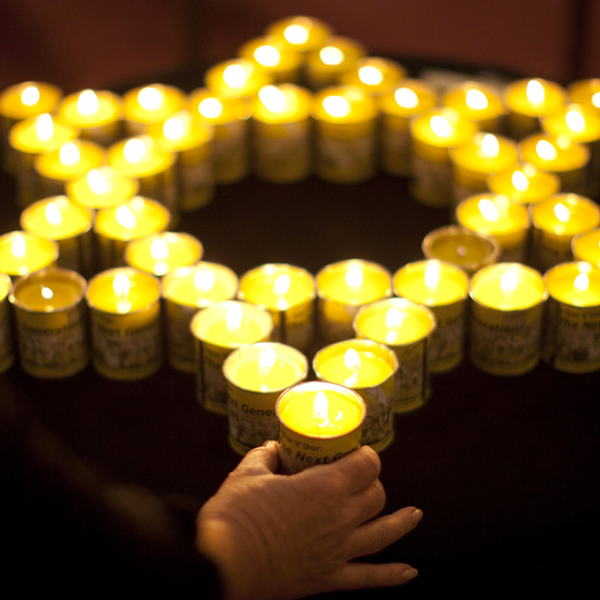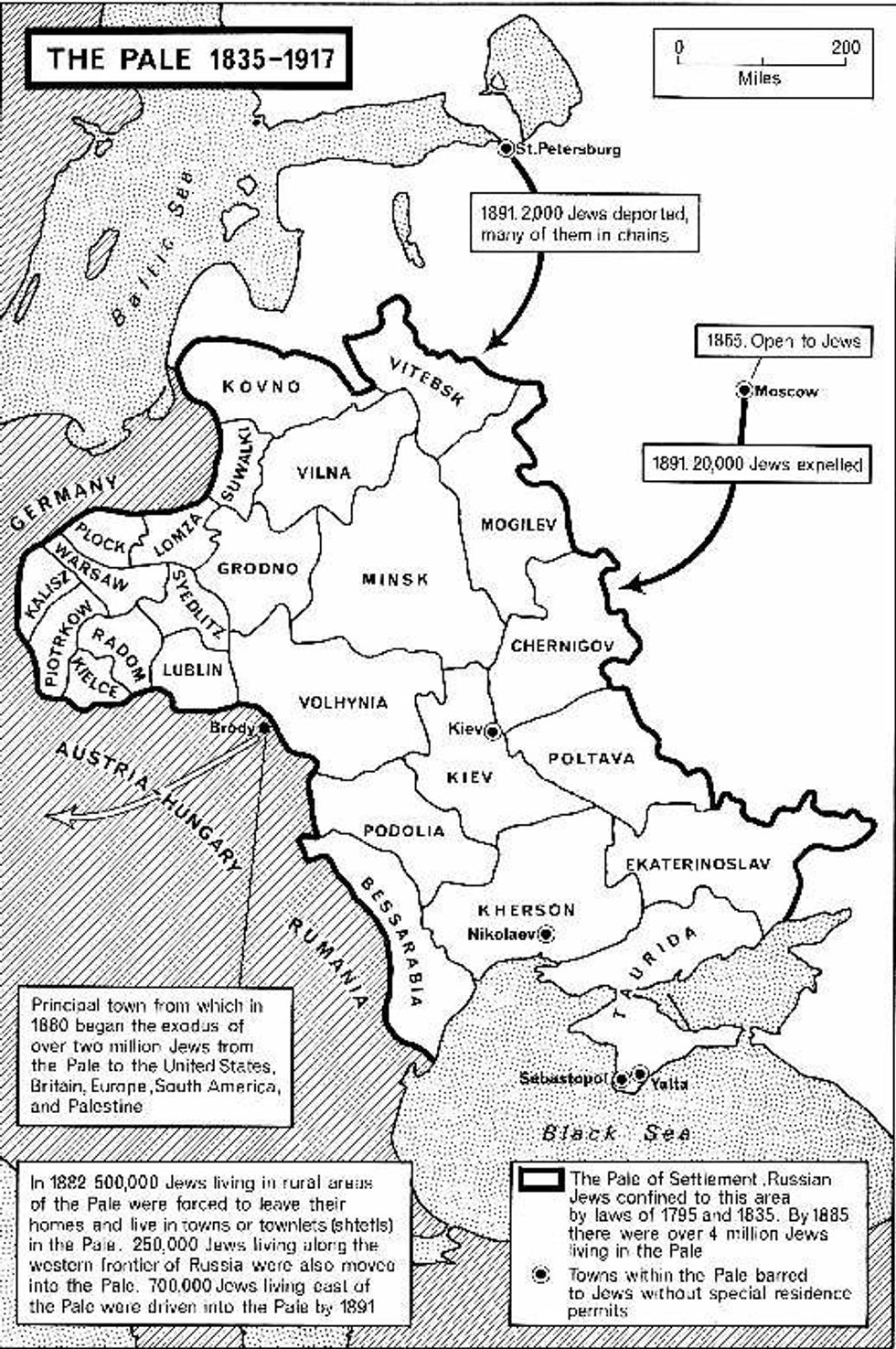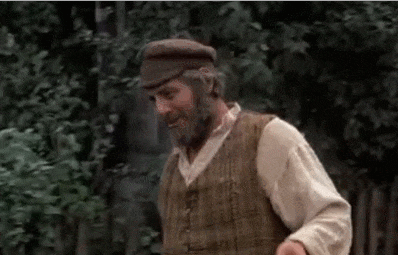This Thanksgiving, I was fortunate enough to go watch The Fiddler on the Roof. I love the play and it always makes me cry, but when I left the theater with my parents, we weren't discussing Tevye's conduct towards Chava; rather, we were puzzled by the historical background, and so I decided to explore it and try to bring some needed clarifications.
As it's commonly known, the Jews spent about 99% of History without a home. Most of the time, when they were accepted into a country, it was only so they could be expelled a couple of years later. In Russia, it wasn't different. After receiving an increasing amount of Jews, due to the annexation of Polish territory, where many of them lived, during the 18th century, Russia's government created the Pale of Settlement. It was a very well defined region in which the Jews were allowed to reside. Outside its borders, there was for them no freedom of movement.
At least for me, Perchik's constant mention of Kiev created some confusion. The map shows how Kiev was inside the Pale and, in fact, Ukraine only gained its independence from Russia in 1917, and then later in 1991, from the Soviet Union.
The events related in The Fiddler on the Roof take place in Anatevka, a fictional town inside the Pale, during the year of 1905. From 1880 to 1920, when there was a political/social crisis, the Russian government would incite the population against the Jews, trying to divert its attention from the real problems. These anti-Jewish movements were called pogroms, a term that designs "an attack, accompanied by destruction, looting of property, murder, and rape, perpetrated by one section of the population against another". With the Revolution of 1905, the first protest of the people against the Tsar and horn of 1917, a new wave of pogroms was begun. The Jews were said to be inciting revolt, and many monarchist supporters were turned against them, resulting in a great number of deaths.
This "trendy" anti-Jewish feeling explains the behavior of some of the police officers throughout the play, giving it a bit more of context, although it can also be simply understood as the same-old mix of prejudice with the need to show strength. As for the reason why they were expelled, the facts are more cloudy, but we can't forget that the play is based on a book written by a Jew who lived on the same place and period. Therefore, it can only be inferred that their expulsion, and consequent disappearance of small towns, was one more of the many measures taken by the Tsar to get rid of them, one more of the thousands of discriminatory actions taken against the Jews throughout History, and no one really knows why. In a way, the people of Anatevka were the lucky ones, as they got the chance to keep living their lives, only somewhere else. At least for the present generation.
The world of The Fiddler on the Roof is a world in ebullition, and the quiet, tradition-bound Jews, though practically unaware of it, are its victims. The violence they suffer, already revolting, is only a small bit of what is to come, and the conscience of that makes the musical even more touching. The sum of all these persecutions will make them decide, on the future, to unite in a country of their own, idea hinted by Yente, when she says she's going after Jerusalem, the Holy Land. Tevye's notion that tradition is what gives them balance seems to be true, and we can understand better why he was so reluctant to break with it. The Pale of Settlement and the pogroms are one example of how the Jewish were treated by a country, when they were already on the run for hundreds of years, and some decades from facing the worst of all.
http://www.jewishvirtuallibrary.org/jsource/Histor...
http://www.jewishvirtuallibrary.org/jsource/Histor...
http://fordcenter.blogspot.com/2010/10/history-in-...






















